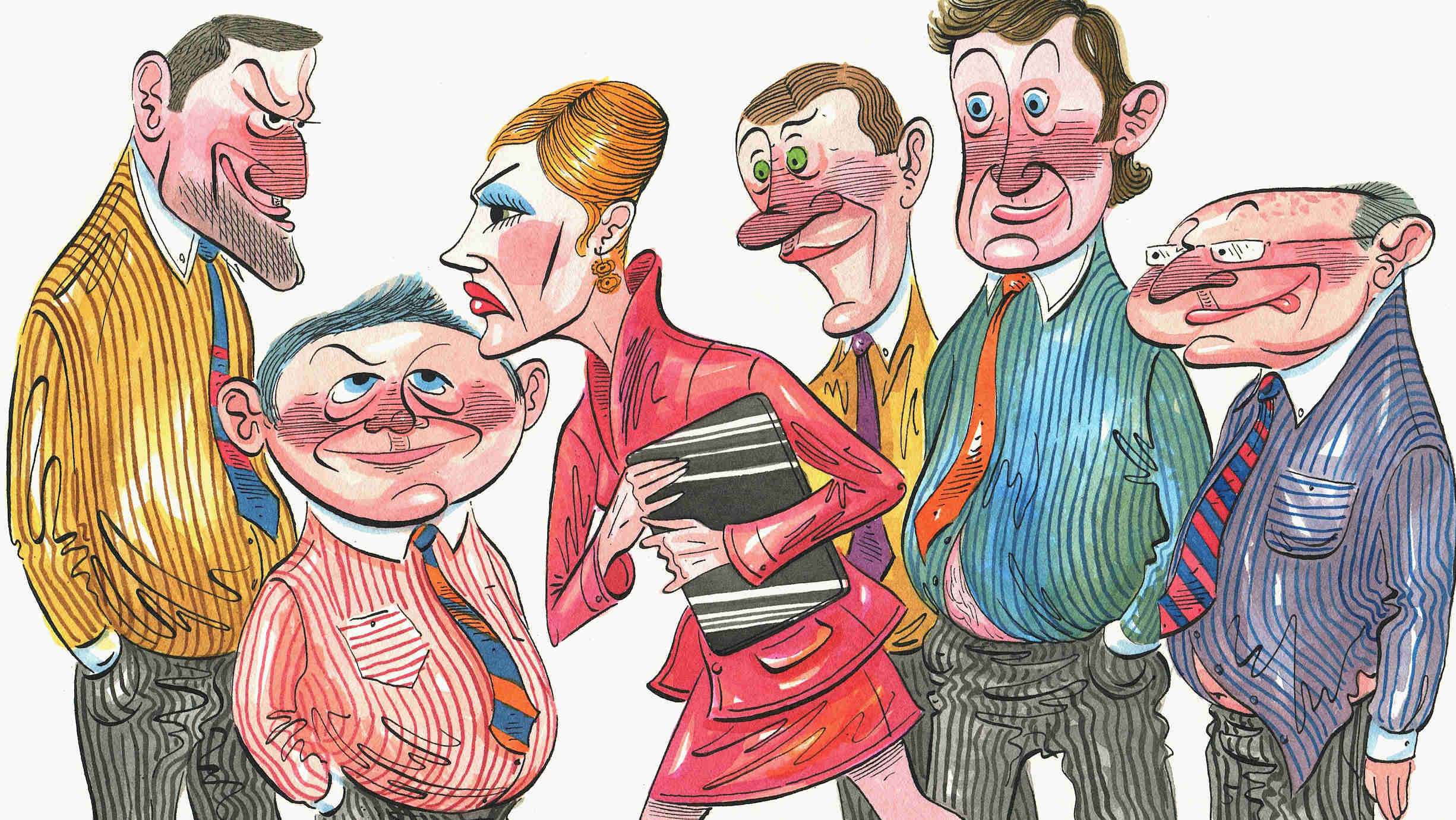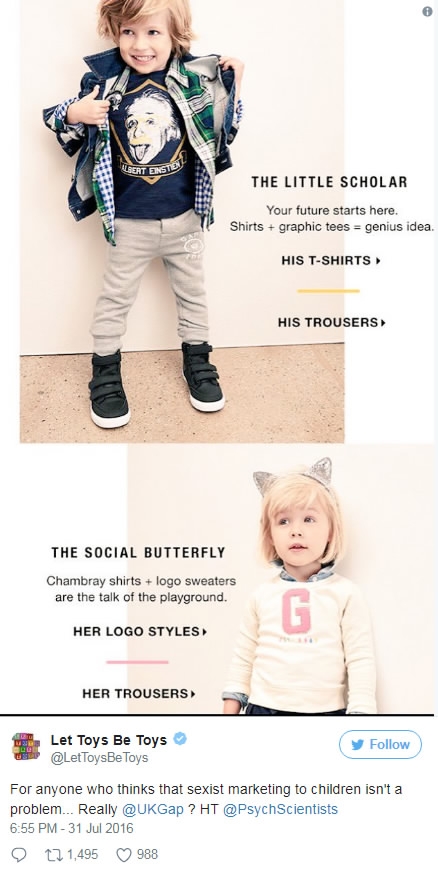
China
22:08, 21-Jul-2017
Princess or superhero? New standards stamp out gender stereotypes in UK ads

Advertisements containing gender stereotypes are to be banned in the UK, according to new rules announced by the Advertising Standards Authority (ASA).
Three particular activities have been singled out as inappropriate – a woman taking sole responsibility for tidying up, a man making a mess of parenting or a specific activity being suggested as inappropriate for boys or girls.
A report released by the Committee of Advertising Practice, the sister organization of the ASA, said that advertising content containing gender stereotypes "may be harmful to people and will restrict the choices, aspirations and opportunities of children, young people and adults.”
The new rules bring the UK in line with other countries including Norway, Spain, Finland, Ireland and Germany where sexist stereotypes are already strongly boycotted.
The new advertising standards come after a run of controversial campaigns.

The screenshot of a tweet showing displeasure of beach body advert.
The screenshot of a tweet showing displeasure of beach body advert.
A weight-loss ad by Protein World showing a woman wearing a bikini with the campaign message "Are you beach body ready?" caused debate in 2015 and received a number of complaints of sexism.

The screenshot of a tweet accusing Gap of sexism.
The screenshot of a tweet accusing Gap of sexism.
A 2016 ad by clothing retailer Gap which showed a young boy as a "little scholar" while a girl was labeled a "social butterfly", also caused a storm of sexism accusations.
German market research company GFK recently conducted analysis of several TV commercials to uncover instances of gender stereotyping.
One commercial, for Aptamil, showed girls growing up to be ballerinas while boys went on to become engineers.
While a Weetabix commercial featured a girl playing with dolls and drawing hearts on her diary while a boy was rampaging around dressed as a superhero.

A screenshot of newly debated Audi advert.
A screenshot of newly debated Audi advert.
And more recently, Audi adverts likening women to used cars caused outrage in China.
"Portrayals which reinforce outdated and stereotypical views on gender roles in society can play their part in driving unfair outcomes for people," said CEO of the ASA Guy Parker.
"While advertising is only one of many factors that contribute to unequal gender outcomes, tougher advertising standards can play an important role in tackling inequalities and improving outcomes for individuals, the economy and society as a whole."
Coincidently, the ASA's new rules come after the United Nations launched the Unstereotype Alliance, a global initiative which aims to stamp out gender stereotyping in advertising. Major companies such as Unilever, Procter and Gamble, Google and Facebook have all signed on to the initiative.
The new ad rules are set to come into force in 2018.

SITEMAP
Copyright © 2018 CGTN. Beijing ICP prepared NO.16065310-3
Copyright © 2018 CGTN. Beijing ICP prepared NO.16065310-3